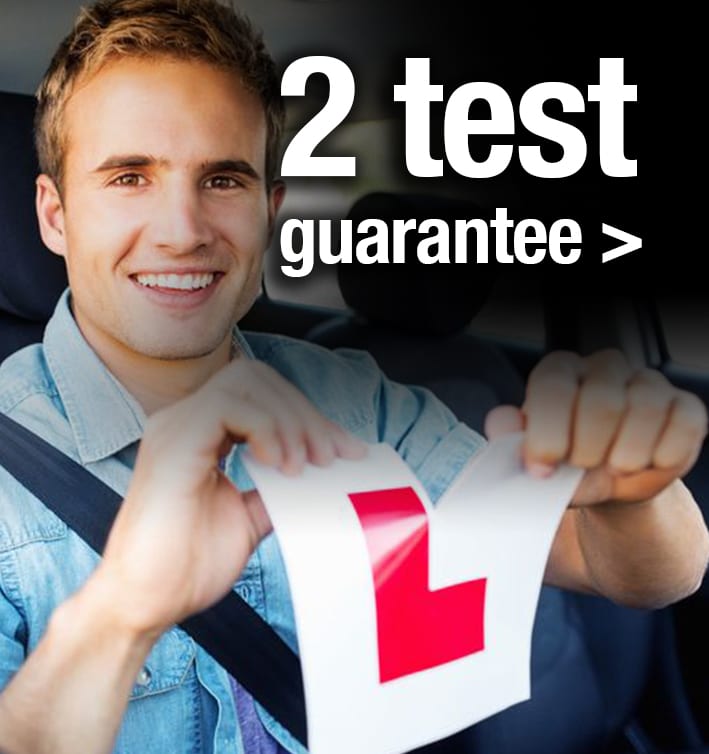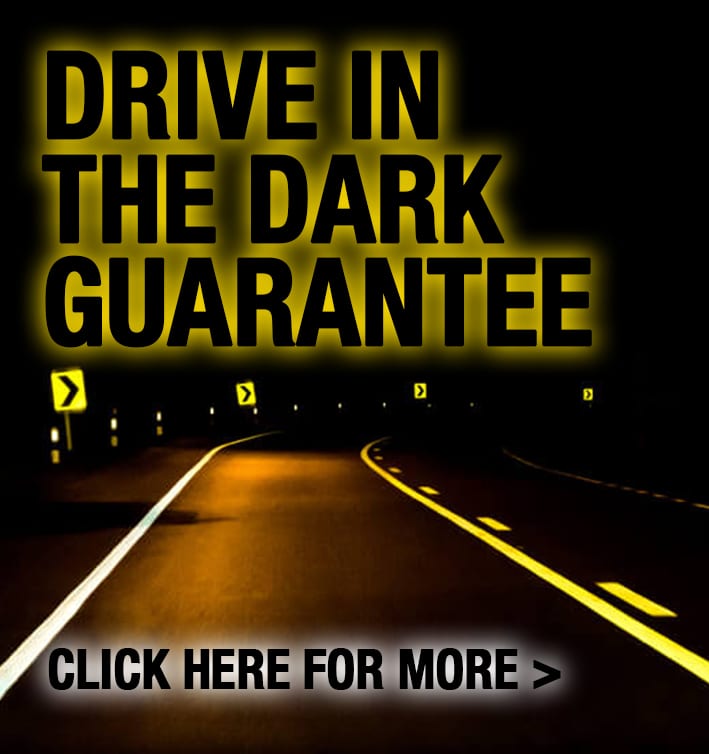This blog is primarily aimed for the good people of Bourne who I am sensing are looking for some answers about everything concerned with driving lessons in Bourne. There is much change going on in the industry, take a minute to read this blog and you will be more informed and aware of the significant changes going on.
The amount of people taking driving lessons in Bourne has sky rocketed. You need look no further than the BIG TOM blog describing the annual Y12 road safety talk at Bourne Grammar School that Tom Ingram from BIG TOM Driving School presents. It reported the number of Yr 12 pupils at Bourne Grammar School who expressed a desire for driving lessons in Bourne in September 2015 to be nearly 100% compared to the number in September 2014 that was less than 50%. In a nutshell, this is what is happening across the whole of the UK, and there are of course consequences.
BIG TOM Driving School is in the middle of a recruitment campaign for Driving Instructors in an attempt to satisfy the demand. Not only are there not enough Driving Instructors but as has been recently mentioned on the BIG TOM blog, the DVSA do not have enough Driving Examiners in test centres across the UK to satisfy the demand. As such, we have these waiting times for driving tests of typically 8-12 weeks but can be longer. One of the consequences of this situation is that should a pupil fail a driving test, there can be issues relating to the delay incurred for another test and also the availability of a Driving Instructor to give more lessons. Long gone are the days when a test fail can be just dismissed with a sigh but not to worry, and just book another one. If ever there were a time to be focussed to pass the driving test on the first attempt, this is it, and of course, having knowledge of that fact, in itself, does little to relieve nerves on test day. The latest DVSA statistics are telling the industry that only 21% of candidates taking the driving test nationally are passing it first time. So concerned are the DVSA with this fact, and the further pressures it brings on a booking system that is already creaking, that they are proposing to incentivize candidates to pass the test first time by providing an amount of cash back (not known at this stage how much of the £62 test fee), should the candidate be successful on the first attempt.
In our experience, this cash back will have little consequence to the situation we are in. There is a deep seated culture of inactivity in the driving industry that is primarily due to any Government being unwilling to bring about change for good due to there being an amount of “pain” associated with that change that would be most unwelcome by the voting public. In the UK we are using the same basic principle of how we all learn to drive and get tested that has been used for decades, and it simply is not fit for purpose. It works on the premise that a young adult once reaching a certain age, automatically has the right to learn to drive, regardless of attitude to road safety, in any manner that s/he chooses, with or without the assistance of a professional Driving Instructor, and then go to test at a time that suits them. Due to the fact that since 2007 driving test numbers had been in a steady decline, there had never been a shortage of Driving Instructors eager to attempt to get some of that dwindling business even if it was with £9 driving lessons, and so the de-valuing of the industry has been fed throughout for many years now. That drip drip feed of intransigence on the part of Government has consequences. Parents are one of the primary role models for pupils, and parents are, through no fault of their own, basing their opinions of learning to drive on a process that was in place when they took their tests. Coupled with that, as unfortunate a fact as it might be, many qualified drivers driving around on UK streets these days simply would not pass a current day driving test – which has as much to do with lack of law enforcement as it does with re-education.
Evidence being gathered globally is tending to indicate that there is much to be gained by starting road safety education earlier in a young person’s life. The old model of teaching a person how to drive purely through rote and repetition is limited in its long term effectiveness; 20% of newly qualified drivers are having an accident within the first 250 miles of driving post driving test. Car insurance providers are often quoting premiums to young drivers that are more expensive than the car being insured. All the evidence is suggesting that the process for learning to drive is not stringent enough to provide outcomes that are fit for purpose. The DVSA are attempting to lay blame for this situation with Driving Instructors, by wanting to introduce a traffic light grading system of Driving Instructors for the public to see. The implication being that pupils are not being trained well enough for life-long safe driving, and this traffic light grading system would include the pass rates of that Driving Instructor. It is being fiercely resisted by Driving Instructors up and down the country (even if not by the NASP who are a collection of the main Driving Instructor associations and liase with the DVSA supposedly representing the opinion of their members). The reason why it is being fiercely resisted is because by introducing this measure, the DVSA are holding Driving Instructors to account for the performance of driving test pass rates without providing the autonomy that enables them to affect the outcome. If this proposal was to come in to force, we would have Driving Instructors as nervous as candidates on test day, such is the prospect of a test fail dropping them from a green light to an amber alert. Ultimately, pupils (or perhaps more accurately, their parents) have always had the opportunity to freely change Driving Instructors, without hardship, if they feel a Driving Instructor is unnecessarily preventing the pupil going to test – more than that though, they have always had the opportunity to remove the Driving Instructor from the assessment process completely, and take the driving test in their own car.
At BIG TOM Driving School our FIRST TIME pass rate in 2015 for customers on our intensive driving courses is 64% – well above the national figure of 21% but arguably still too low. The FIRST TIME pass rate for our customers doing traditional pay as you go lessons in 2015 is currently 81.25%. Who is to say how these first time pass rates would be graded on a traffic light system by the DVSA but consider the following real-life situation that Driving Instructors up and down the country will be able to associate with. A pupil of 17 coming from an affluent family background, having had a vehicle bought for them sitting on the drive, and having the fortunate opportunity to do plenty of hours practise with parents before, during and after completing a BIG TOM 40 hour intensive driving course keeps failing mock tests. However, there is an increasing expectation on the pupils shoulders to get to the driving test sooner rather than later. The pupil goes to test and fails for not checking the blind spot before moving off. No part of the driving test that involved the car actually moving was sub-standard to the requirements of the driving test. The ONLY reason for failing the driving test, was the repeated lack of blind spot checks prior to moving off from a stationary position. Herein lies the problem. What the DVSA are failing to take into account is the expectations of the pupil and their parents. BIG TOM Driving School is successful because it likes to respond to the desires of our customers. The standard of mock test provided by BIG TOM Driving School is extremely close to that of the driving test standard, in terms of both the way it is conducted and the way any faults are assessed. This is achieved because it has always been the policy to observe a driving test if our customer has no objections to it; as such over 95% of driving tests conducted with BIG TOM Driving School pupils have been personally observed by Tom Ingram. But, as can be seen above, if pupils or pupils parents fail to value the judgement of that assessment of a mock test, then as they are the customer, and as long as safety is not compromised, BIG TOM will respect the wishes of the customer (BIG TOM Driving School has not had a single accident since it was established in 2009 – we do not take risk assessment lightly). In all the time of following this criteria, only once has a customer failed a BIG TOM mock test, insisted on going to test, and passed the driving test (this was in fact a customer from Bourne). In all other occasions, a failed mock test(s) prior to taking the actual driving test has resulted in a failed driving test – it is a very reliable measure. The point is, the service that is being provided there is not valued, there is a greater desire to ignore the professional advice and take a test, than there is to heed the warning.
In addition to this, as previously reported in this BIG TOM blog, there is a pilot scheme running now for adaptions to the current driving test. Early signs show that there is an increase in pass rate of the region of 10% for the new driving test. But, there is no evidence surfacing as yet that pupils who are more frequently passing this new driving test have been the recipient of any driving training from a higher qualified Driving Instructor, or received additional hours training that can logically justify this increase in pass rate. At a recent CPD event attended by the author, the Deputy National Chairman of the MSA described in his presentation regarding the recruitment of candidates for this pilot, that the new driving test they would be undertaking specifically did not require any higher level of competence than the existing driving test. So it seems that we have a new driving test that is provided by the same calibre of Driving Instructor, is technically of no greater difficulty than the existing driving test, apparently takes no longer to train for, and yet it is resulting in a 10% increase in the pass rate. One has to question what message that is giving the public and professional Driving Instructors about raising driving standards in the UK.
It is far from clear cut. There are many factors that are affecting what is happening out there at the moment, but the intention of this blog is to raise the awareness of customers and potential customers of BIG TOM Driving School as to the major influencers affecting good quality driving training. If there are any questions from concerned parents or pupils, please feel free to email Tom on info@BIGTOM.org.uk
BIG TOM Driving School Intensive Driving Course in Bourne Tel: 01778 309773




